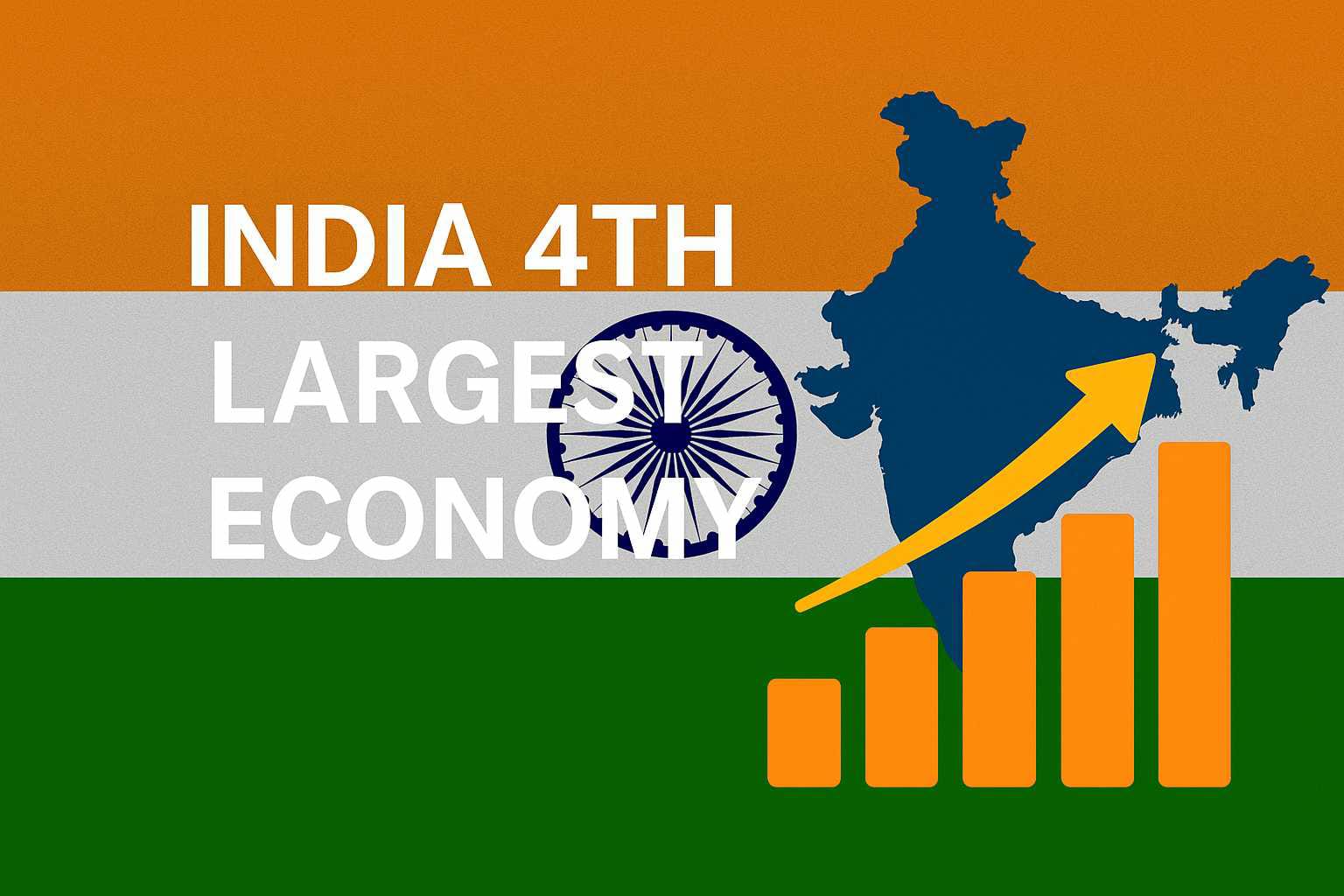Almost two decades later, the United States used the word ‘sanctions’ for India again. Over the past few decades, the two democracies have charted a steadily upward trajectory in their relationship, deepening ties through mutual cooperation and shared democratic values. But the recent sanctions are expected to push the relationship slightly downhill, which might reduce mutual trust among the nations. In July 2025, the Trump Administration initially imposed a 25% ‘reciprocal’ tariff on Indian goods, effective Aug 7, aimed at pushing India towards more open trade on U.S goods. Shortly thereafter, through an executive order, Trump imposed an additional 25% penalty tariff, citing India’s import of Russian oil.
India’s response has been ‘measured yet firm’ with a central focus on ‘national interest’. Reflecting our central focus on the welfare of Indian citizens and strategic autonomy. India has been firm on its uncompromising stand on trade affecting Indian farmers, MSMEs, household and dietary consumption(GM Crops, Non-veg Milk). In the case of Russian oil, India stands its ground on the purpose of its import being purely the cheap availability of fuel to Indian citizens. While calling out the tariffs as unjust and unfair, New Delhi has firmly reiterated that its trade and energy policies will be shaped by national interests, not dictated by external pressures.
India has emphasised the need for equitable trade relations, diversification of markets and supply chains, focus on increasing domestic consumption and south-south cooperation. At the same time, we are keeping all diplomatic channels open for Indo-US communications. Our stand is for India and not against the US, whether it is about the trade deal or the Russian oil.
Tariffs, quoted as sanctions by White House Press Secretary, can hurt India in the short term by reducing export competitiveness, affecting industries like steel and agriculture and creating trade imbalances. The IT sector and US FDI investments can expect hits, which may result in job losses and a decline in foreign reserve earnings in recent times. However, in the longer run, it provides an opportunity for India to focus on self-reliance, diversification of exports and supply chain, boosting internal consumption and development of indigenised Tech and Manufacturing setups and focus on production of quality products for the global market. India’s official stance on the tariff saga also reflects the same, as quoted by the Prime Minister in his Independence Day speech.
India’s calibrated yet assertive response to the US tariffs signals a broader shift in the Global South: a growing resolve to protect national interests while pursuing strategic autonomy. While the immediate impact may pose economic challenges, India’s firm stance underscores its commitment to equitable trade, self-reliance, and diversified partnerships. This moment marks not just a test of Indo-US ties but a defining step toward a more self-assured and resilient India on the global stage.

